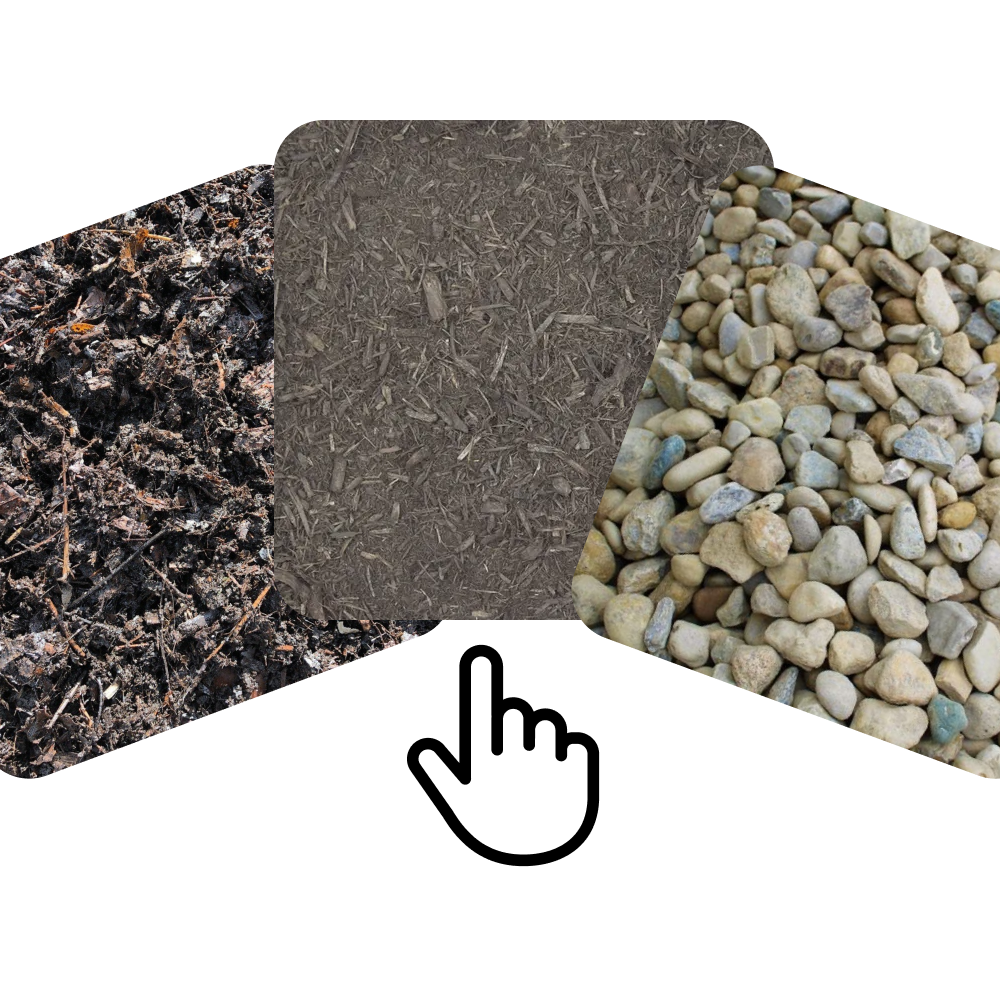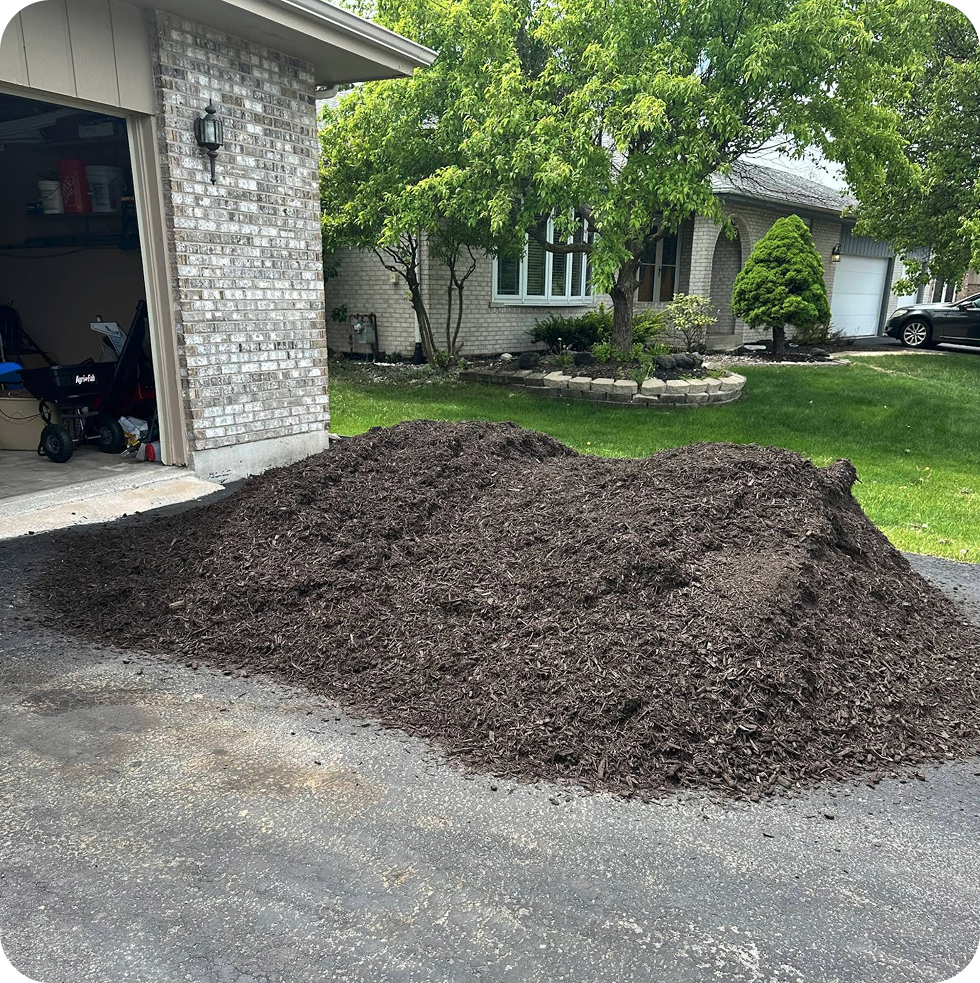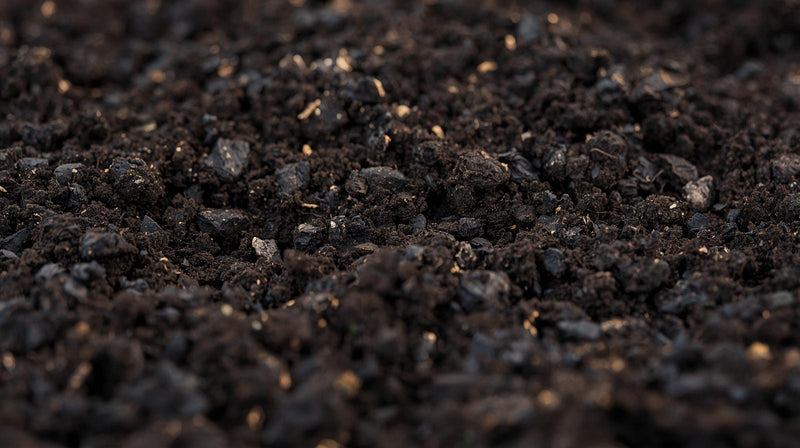
Pick your landscape material
Browse through our variety of high-quality mulch, soil, gravel, and stone options. You can use our bulk material calculator to estimate exactly how much product you’ll need for your project.
Getting your mulch delivered is simple. Follow these 3 easy steps:

Browse through our variety of high-quality mulch, soil, gravel, and stone options. You can use our bulk material calculator to estimate exactly how much product you’ll need for your project.

Once you’ve chosen your materials, select a delivery day that works best for you. We offer flexible scheduling to ensure your materials arrive right when you need them.

With everything handled, all that’s left is to sit back and wait. Our team will ensure your landscape materials are delivered promptly, ready for your Madison landscaping project.
We’ve got you covered with our full line of landscape supply products, from premium mulch and quality soil to decorative stone, helping you create a cohesive, professional landscape that enhances your property for years to come.

Long-lasting color for strong curb appeal
Classic shredded mulch for clean beds
Kid-safe mulch for soft landings

Premium grade soil perfect for planting
Nutrient-rich blend for vegetable gardens
Ideal for containers and raised beds

Smooth, rounded stones for drainage and décor
Small, uniform stones perfect for pathways
Durable base material for driveways
Use our NEW bulk material calculator where you can Trace from Satellite imaging to get a quick estimate for your project without busting out the tape measure
Try Our CalculatorMake the most of your region's growing seasons with expert advice tailored to our local climate.
Apply fresh mulch after the last frost (typically mid-March)
Maintain 2-3 inch mulch layer to retain moisture
Best time for planting trees and shrubs
Plan next year's landscaping projects
Understanding Madison's local climate and soil conditions helps you make the best choices for your landscaping projects. Here's what makes Madison special.
Madison's position on the isthmus between Lakes Mendota and Monona creates distinct conditions with clay-loam soil throughout Dane County. Properties from the historic Capitol Square area to neighborhoods like Middleton, Fitchburg, and out toward Sun Prairie deal with terrain shaped by glacial activity and proximity to water. Cold winters with significant snowfall and subzero temperatures transition to warm, humid summers, and the lakes moderate some temperature extremes while creating their own microclimates. Yards need mulch that protects through Wisconsin's brutal winters while managing spring moisture and working with soil that can stay wet near the lake shores.